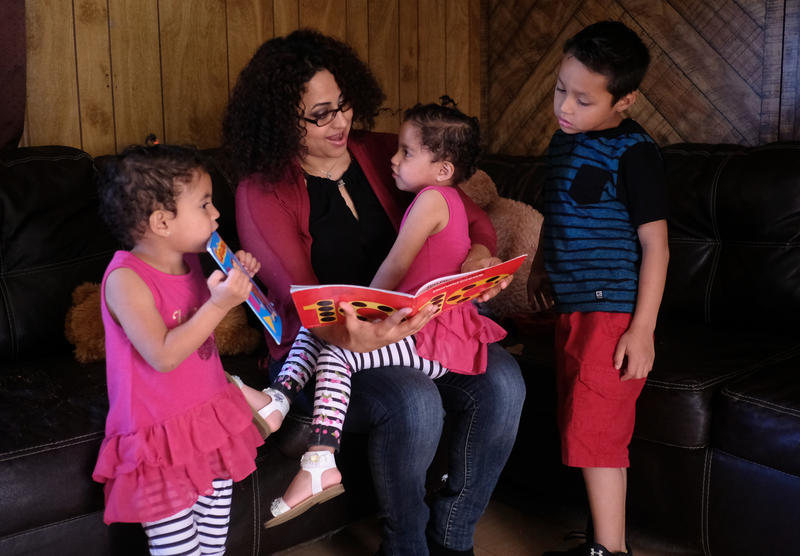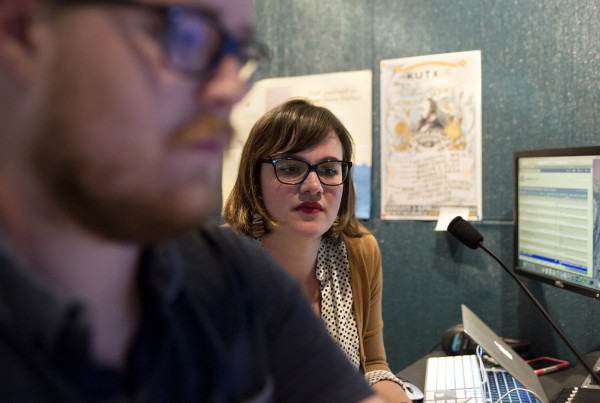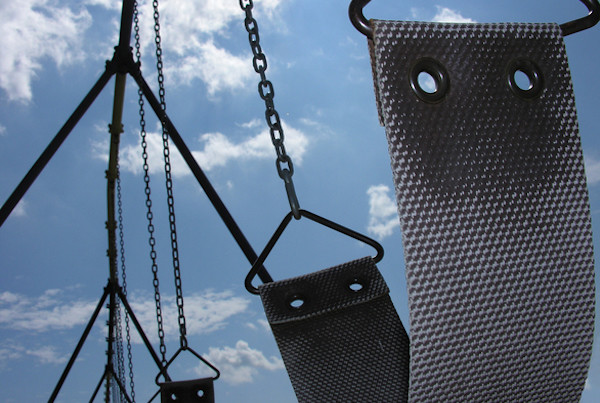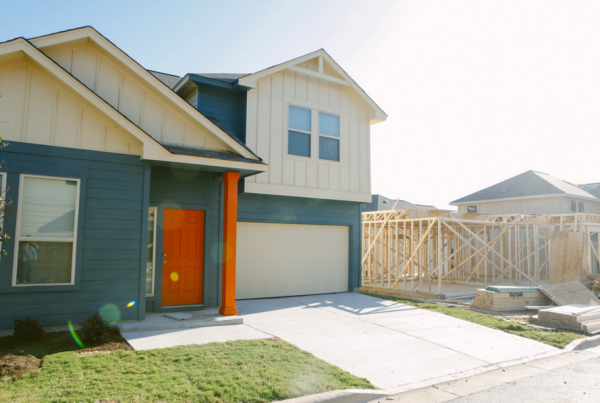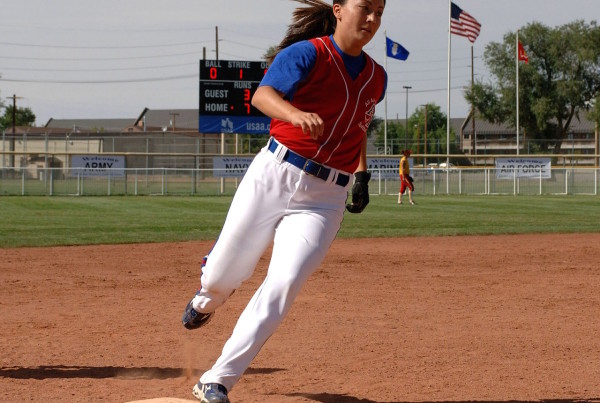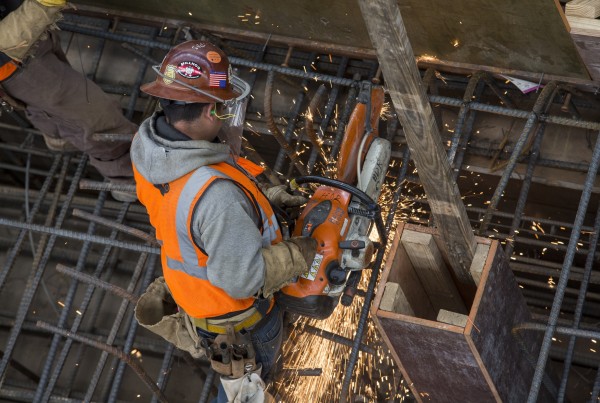This story originally appeared on KUT.
Maria Orozco sits on a brown vinyl couch in her mobile home in Austin. Her big purse is splayed out on her lap as she digs around for her wallet, which holds her Texas driver’s license and a red, white and blue Employment Authorization Card. “When I got my license, oh my God, I was super happy,” she says.
These cards are the product of a visa process she started three years ago. Orozco’s special visa, called a U Visa, was created by Congress 15 years ago to give legal status to immigrant victims of serious crimes if they help with criminal investigations.
Law enforcement officers and immigrant advocates pushed for the program because they want undocumented immigrants to feel safe reporting crimes—not just because it protects vulnerable members of the society, but because it’s good for community safety in general. Now there are many more applicants than visas.
For Orozco, getting the visa has been a slow process, but worth it. She got her visa last year. It allows her to live in the country legally, and after three years she can apply for her permanent residence.
“I’m happier than I’ve ever been because I feel like, for the first time, I’m living my life,” she says. “I’m not being controlled by a man.”
Like Orozco, almost half of those (mostly women) who apply for U Visas are victims of domestic violence. When Maria left her hometown in Nicaragua 11 years ago at 3 in the morning, she didn’t have much of a plan. She made the decision out of fear of her boyfriend.
“The last time, he put a gun to my head,” Orozco says. “I thought, one day this man is going to kill me.”
Orozco finally called the police. As they took her boyfriend away in handcuffs he warned her, “You know what’s going to happen to you when I get out of here.”
So she left. She crossed the border illegally and settled in Texas. Then she met a guy at church – let’s call him Miguel. He didn’t treat her well, but, compared to her ex, Miguel seemed kind. They moved in together. One night he came home angry. He grabbed her and dragged her across the front yard. Her friend called the police.
Miguel was in jail for three weeks. When he got out, Orozco got back with him. Within a couple weeks he attacked her again and went back to jail. It went on like that. Eventually, they got pregnant and married.
One day Miguel punched Orozco in the face while he was driving. She called the police and – jail again.
“Being a victim of domestic violence is like being a drug addict,” Orozco says. “You can’t get out, really. You have to be strong to get out. If not, it’s like a sickness that eats at you every day.”
Congress designed the U visa program to protect women like Orozco, but legislators also set a limit on how many of these visas can be issued every year. No matter how many people apply and are eligible, only 10,000 U Visas are given out each year.


